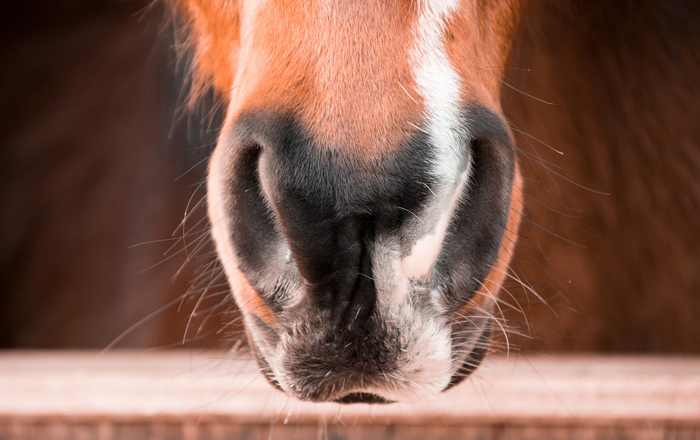Published 31st October 2016
So, why are magnesium calmers the market leaders? Probably because they work better than the other calmers on the market based around ingredients such as tryptophan, B group vitamins and herbs. Surely there must be something more effective or could this be a case of "the earth is flat until someone tells us otherwise"? Here is five top myths about magnesium…

- ‘Your horse is deficient in magnesium…’ This is myth number one! The National Research Council of America (NRC) publishes a book called the “Nutrient Requirements of Horses”, this is the equine nutritionist’s BIBLE. Of the 103 listed ingredients only corn cobs, bread waste and oils don’t provide the recommended daily Allowance (RDA) for magnesium.
When we look at analysed grass and hay the reports show even low magnesium pastures and hay contain the RDA comfortably as far as horses are concerned. Most feed ingredients provide multiples of the RDA. So why do so many feed companies add extra mag?
- ‘Magnesium doesn’t have a bad effect…’ This is Myth number two! Magnesium is a sedative. It has been used in anaesthesia in both horses and humans for decades. How magnesium causes sedative effects is pretty well understood. By blocking certain channels and calcium receptors, effectively magnesium prevents normal switching on of cellular processes. When this happens in the brain, the horse is sedated; think of it a type of chemical brain impairment.
It is because of these issues, injectable magnesium is on the FEI’s prohibited substances list. CLICK HERE to see a study conducted in Australia linking magnesium to sedation. - ‘Magnesium based calmers always help with unwanted behavior…’ Myth number three! On the market there are a plethora of magnesium based calmers however experience from client feedback tells us that magnesium fails in far more horses than they help. In fact a small trial was conducted in 2008 this suggested that magnesium calmers only work in approximately 25% of horses – a pretty high failure rate don’t you think?
- ‘If diets are high in calcium, magnesium absorption is impaired leading to a risk of deficiency…’ Although this myth is number 4 it is no less important than number 1! Experiments carried out by the Americans Hintz & Schryver way back in 1972 and 1973 make it very clear that the balance between calcium and magnesium in the diet of horses does NOT affect the absorption of magnesium. Please CLICK HERE to see further info about magnesium absorption.

- ‘Excess magnesium ingested is simply excreted in the droppings or the urine…’ The final myth. Hintz & Schryver looked at this too! It is clear from their work that whilst excretion of magnesium increases as the diet level increases, it doesn’t do so enough. The more magnesium you feed, the more is retained in the body and specifically in the blood.
From this we understand that magnesium needs to be used with great care! All this said we do understand that some horses benefit from a small about of supplementary magnesium; this can be a fine line. We just have to strike the right balance! To learn more about the studies described in this article please click here.
Related articles
The Future of the Horse Calmer
Click here to speak to one of our experienced feed advisers
Feel Chelated Calcium is right for your horse Click here
